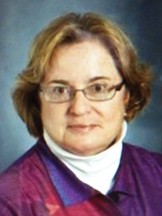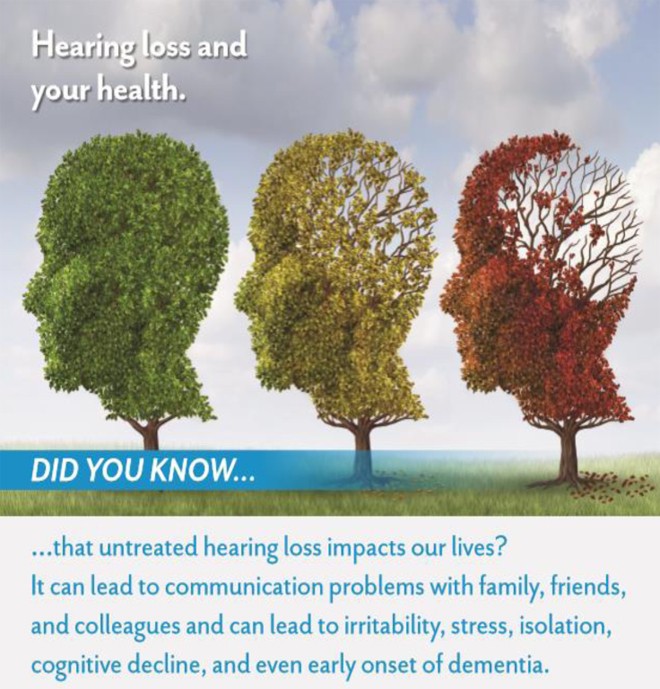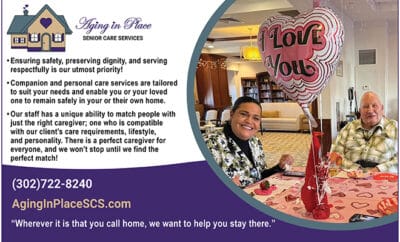Live Longer-Live Better Through Better Hearing Health
 By Elizabeth Duncan, MD, MBA-HC
By Elizabeth Duncan, MD, MBA-HC
In today’s active and young-thinking society, many people’s self-image does not include wearing hearing aids. Notwithstanding that hearing-assistive devices have become nearly invisible and technologically advanced with multi-channel programming and smart phone compatibility; there are numerous reasons that normal hearing is extremely important, even crucial, to overall health and well-being.
Alzheimer’s & Dementia
It has been demonstrated that correcting hearing loss can both reduce the risk for Alzheimer’s and dementia and increase the life span and quality of life of those who have it. This is because normal hearing enables the individual to be in contact with all auditory stimuli in the environment, along with the other social cues that accompany it. If the brain is not being stimulated by sound and words, critical pathways for social behavior deteriorate. For instance, if a hard-of-hearing older person cannot hear someone greeting him, he may miss an outstretched hand or a smile and simply sit in silence. The person who greeted him may simply think he is being unfriendly and turn away. That older person lost the stimulation and reinforcement of touch, voice, and visual acceptance in no more than a moment.
Balance & Increased Fall Risk
Although there are many conditions that affect the hearing and balance nerve, which an otolaryngologist can diagnose and treat, simple age-related hearing loss can contribute to a three-fold increase in the risk of falling. Falls among the elderly and those with balance and mobility problems are a leading cause of fatal injuries and hospitalization. People who cannot hear well often concentrate so hard on trying to hear that they do not pay attention to their surroundings and risk tripping while walking or being struck by another vehicle while driving. Proper hearing amplification which normalizes hearing enables the person to localize sounds and decipher where they are originating.
Tinnitus or Ringing in the Ears
This problem, ringing or buzzing or hissing in one or both ears, brings people to the otolaryngologist’s office even more frequently than a complaint of decreased hearing. For the otolaryngologist, tinnitus is an important problem. What medications are being taken? What is the history of noise exposure? What is the degree of accompanying hearing loss and is it in one ear or both? If it is in both ears in the presence of, especially high frequency hearing loss, it suggests where on the hearing nerve degenerative changes have occurred—the pitch of the tinnitus matches to the location on the nerve where these changes have occurred. After taking a history and ordering and evaluating the appropriate testing, the otolaryngologist may recommend hearing aids to mask the tinnitus. Once the patient can hear at normal loudness, the tinnitus fades. The otolaryngologist also has other suggestions for moderating tinnitus.
Social Isolation & Hearing Deprivation
How many times have you or your loved one caught yourself hollering to make yourself heard? Frustrating, isn’t it? Most times, it leads to either harsh words or eventually to just not talking to each other. This deprives both parties of meaningful conversation and interaction. Think of walking through the halls of a retirement home—with staff yelling at residents because “they can’t hear” them. Nobody wins. Remember when your aunt or uncle smiled and nodded at whatever was said to them because they couldn’t hear? The interplay of increasing social isolation, the neurologic implication of lack of auditory stimulation resulting in loss of ability to understand the spoken word, so-called word discrimination loss leading to the need to turn one’s TV to maximum volume setting and the anxiety and depression that can result from a wordless environment brings us full circle to the more pervasive problems of Alzheimer’s, dementia, and mental health issues. Simple management of hearing loss by increasing acuity with hearing amplification can reduce onset of depression in the elderly by up to fifty percent, while leading to an improved feeling of well-being.
Safety
Simply, if you do not hear a siren, you cannot react to it. If you cannot hear someone giving a loud verbal warning or a fire alarm, valuable time can be lost when seeking safety. Most warnings tend to be presented in a high pitch or frequency, and that is the most common type of hearing loss. Not being able to hear such warnings puts us at risk. Better hearing leads to increased safety.
The importance of the otolaryngologist-patient relationship in the field of balance and hearing health cannot be overstated. Any person who thinks he/she has hearing loss, ringing in the ears or tinnitus, balance problems, ear drainage, recent history of concussion or chemotherapy or suspects an infection should see an otolaryngologist who will evaluate, diagnose, and treat the problem comprehensively.
Testimonial
“My mother and I came to Dr. Duncan’s practice for help with a medical disorder of her ears. We knew she also had hearing difficulty and was unable to understand conversations even with the hearing aids she had purchased a while ago. Not only did Dr. Duncan handle her problems with compassion and expertise, but she gave us great hope she would be able to understand and comprehend again with more suitable aids. She had a trial period and with a new set of aids and my Mom, who had been told nothing more could be done to help her, is hearing much better, is happier and delighted with all the help provided by this facility. And we purchased 2 hearing aids for less than the one she had before. Also, my mom is 90 years old and has poor eyesight, poor dexterity, and not much patience. And you were able to take ALL of that into consideration and fit her in exactly what would work for her. We cannot say enough good things about Dr. Duncan for helping my Mom to hear better when we were told this was not possible. Thank you so much!” – Dr. Sandra Naumann, Forensic Psychologist, Phila., PA.
Our Wilmington office is at 2417 silverside Road or call 302-332-7600






